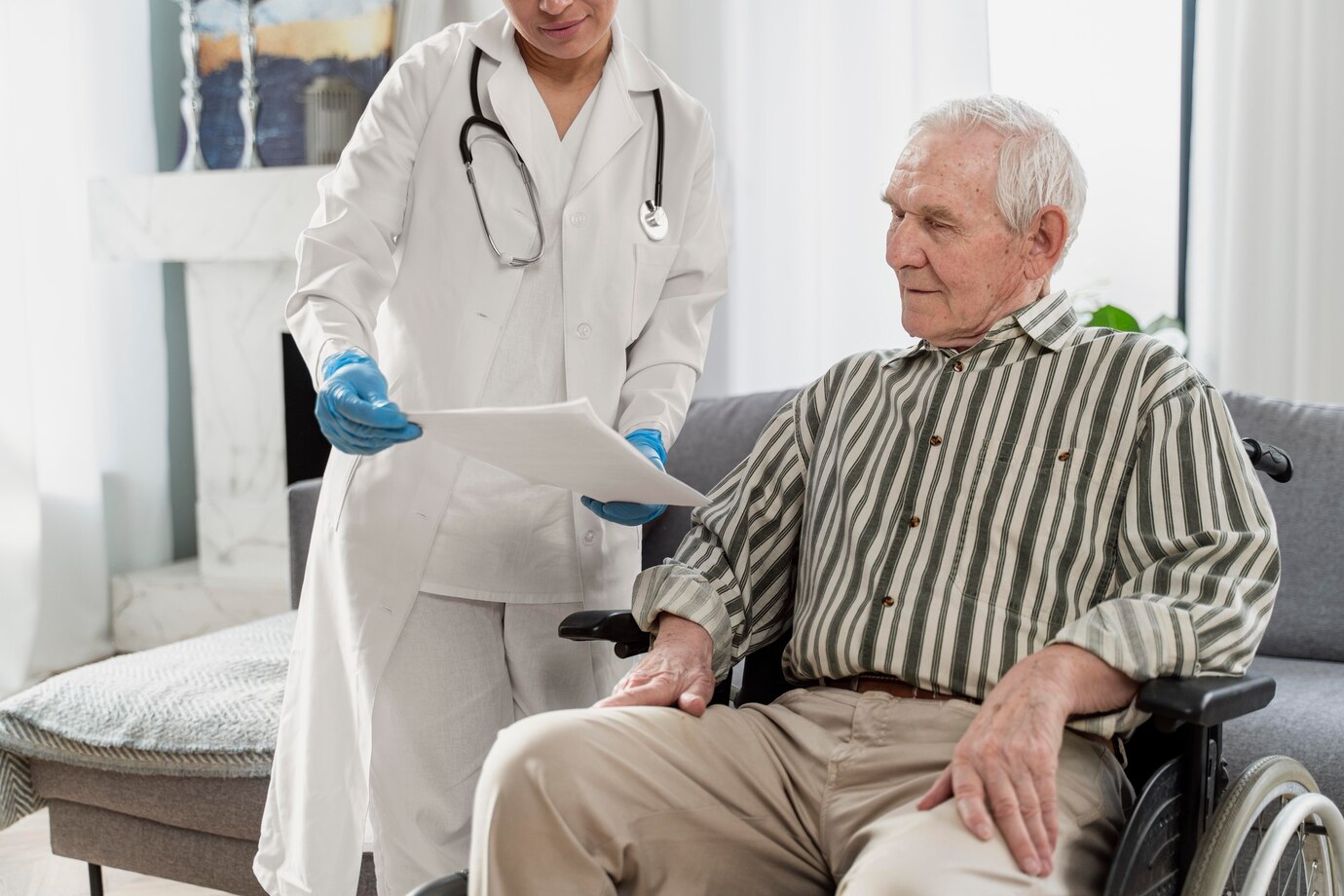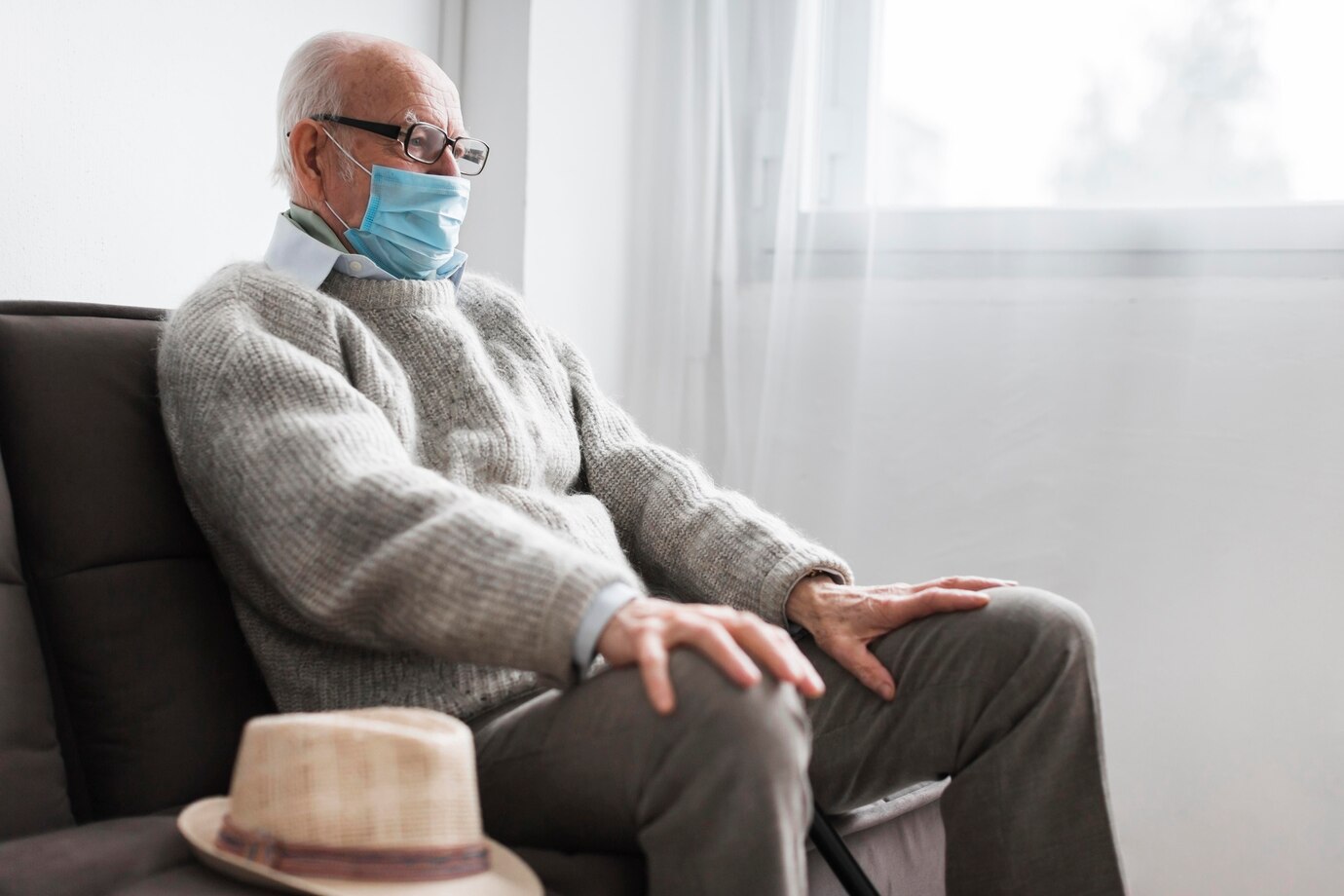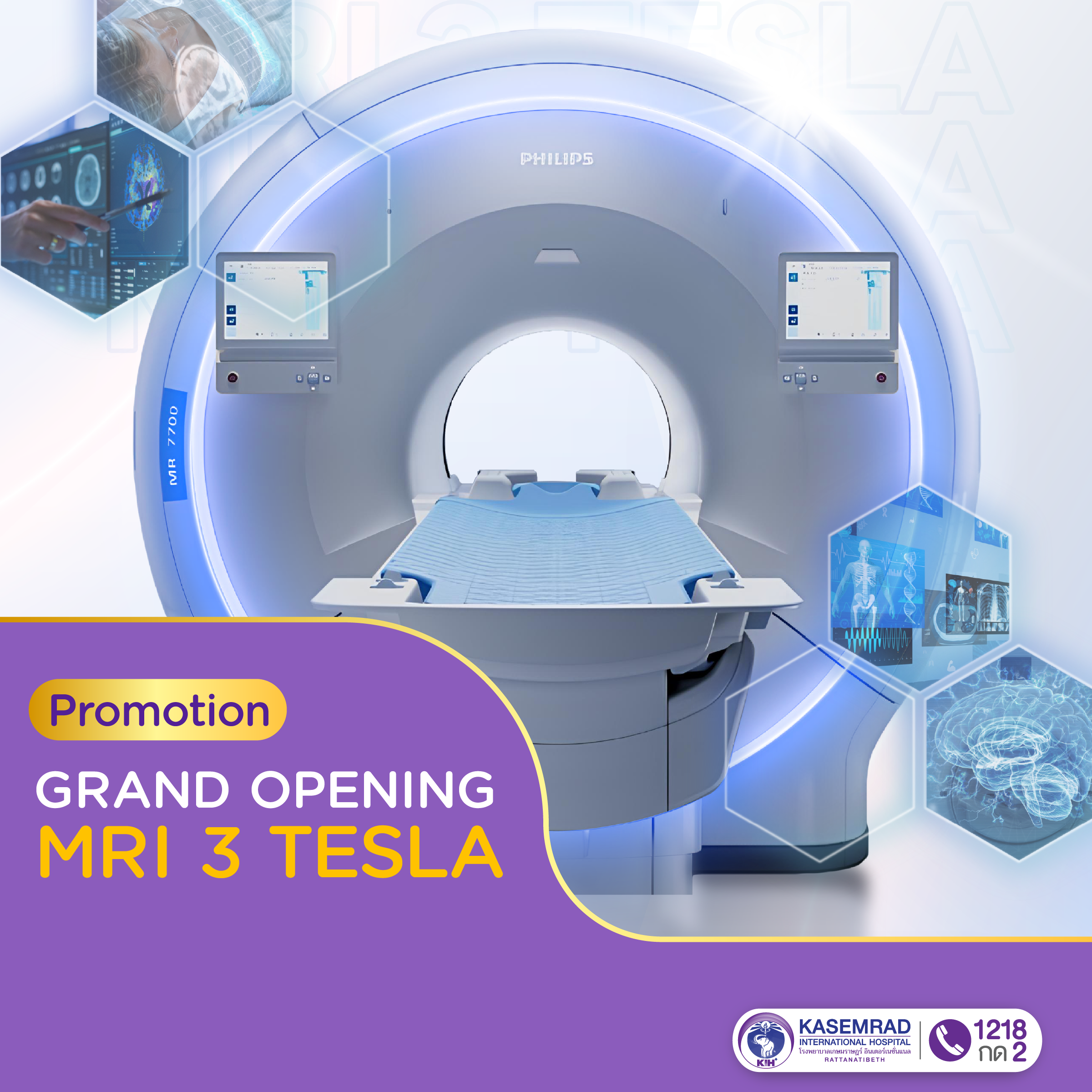RSV (Respiratory Syncytial Virus) may be more commonly known as an illness in young children, but did you know that adults—especially older adults—can also be affected? In seniors, RSV can lead to more serious health complications and should not be underestimated.
Causes and Symptoms of RSV
RSV is a respiratory virus that spreads through droplets from coughing, sneezing, or touching contaminated surfaces. In older adults, it may cause symptoms such as cough, wheezing, shortness of breath, and fever—sometimes leading to pneumonia or worsening of existing heart and lung conditions.
Complications of RSV in Older Adults
Older adults, especially those with chronic diseases, may face severe outcomes from RSV infection, including hospitalization and increased mortality risk. The virus can exacerbate conditions like COPD, asthma, and heart failure.
RSV Vaccine Effectiveness
The RSV vaccine provides strong protection for those aged over 60:
- 77–83% effective at preventing RSV illness in the first year
- 56–48% effective in the second and third years
- Offers up to 90% protection against lower respiratory tract infections in the first year
Causes of RSV (Respiratory Syncytial Virus)
RSV is a highly contagious virus that spreads through respiratory droplets from coughing or sneezing. It can enter the body through the nose, mouth, or eyes. Infection can occur through direct contact with an infected person’s secretions, such as through shaking hands, or by touching contaminated surfaces and then touching the face or eating without proper hand hygiene. RSV can survive on surfaces for several hours, making transmission in crowded environments easier and more likely.
What is RSV?
RSV (Respiratory Syncytial Virus) is a virus that causes infections in the respiratory tract. It is most commonly known for affecting young children, but it can also cause serious complications in older adults and individuals with weakened immune systems.

Symptoms of RSV
Elderly individuals and those with underlying health conditions are more likely to experience severe symptoms of RSV compared to the general population. Most RSV symptoms resemble those of influenza and can be observed as follows:
- Fever
- Chronic cough
- Difficulty breathing
- Rapid and shallow breathing
- Increased mucus production
- Fatigue and weakness
In adults, RSV typically presents as a short-term illness lasting no more than one week. However, if complications occur, such as post-viral syndrome, it can result in a persistent cough lasting for several weeks or even months. In severe cases, RSV may lead to lung abscesses, pneumonia, and death.
Transmission
RSV spreads easily through droplets from coughing or sneezing by an infected person, and through contact with contaminated surfaces, such as hands or personal items.
Risk for the Elderly
Older adults have a weaker immune system, making them more susceptible to infection and serious complications like pneumonia.
Those with chronic conditions such as heart disease, lung disease, diabetes, or severe obesity are at greater risk for severe illness.

Severity of RSV in the Elderly
Most elderly people have weaker immunity compared to younger adults, making them more vulnerable to RSV. The infection can lead to serious health issues, especially for those with existing conditions or compromised immune systems, increasing the risk of complications such as:
- Pneumonia
- Bronchitis
- Respiratory failure
Once infected, it can significantly worsen their overall health and existing conditions. Therefore, health monitoring and infection prevention are crucial.
Treatment, Prevention, and RSV Vaccine
It’s important to understand that RSV is a recurrent viral infection, as immunity is not long lasting. It can spread from children to adults, especially those with underlying conditions like heart and lung disease or weakened immunity, and in severe cases, may lead to death.
There is now a highly effective RSV vaccine that helps prevent infection, reduce severity, and protect against complications. Vaccines are available for both children and adults, especially for those over 75 years of age.
It is recommended to get the RSV vaccine alongside other important vaccines, such as:
- • Influenza vaccine
- • Pneumonia vaccine
- • Shingles vaccine
These vaccines collectively help reduce the risk of infections that can weaken the immune system. Most RSV cases resolve within 1–2 weeks, depending on the severity.
Other Preventive Measures
You can protect yourself from RSV by:
- Washing hands frequently with soap or alcohol-based hand sanitizer
- Wearing face masks regularly
- Disinfecting children’s toys often
- Avoiding shared personal items
- Eating a nutritious diet
- Getting adequate rest
If there is a sick person in the household, isolate them to prevent further spread. Early detection allows for timely treatment and isolation, which reduces the risk of complications and transmission.
What is the RSV Vaccine?
The RSV vaccine (Arexvy) helps stimulate the immune system to protect against lower respiratory tract disease (LRTD) caused by the respiratory syncytial virus. It significantly reduces the risk of severe illness, and only one dose is required.
Since RSV can worsen asthma and cause severe pneumonia in children and adults, the vaccine is recommended for:
- Patients with asthma or chronic lung conditions starting from age 50+
- The general elderly population from age 60+
People with the following conditions are also at risk and may benefit from the vaccine:
- Heart disease
- Diabetes
- Kidney disease
- Liver disease
- Blood disorders
- Immunodeficiency
Vaccine Effectiveness
Studies in people aged 60+ found the RSV vaccine to have:
- 82.6% effectiveness in preventing lower respiratory tract disease (LRTD) starting 15 days after injection (confidence interval: 57.9% to 94.1%)
- 84.6% and 80.9% effectiveness against RSV-A and RSV-B strains, respectively
For high-risk individuals aged 50–59, the immune response was found to be non-inferior, confirming its effectiveness.
Recommendations for RSV Vaccination
- Monitor for allergic reactions after vaccination
- Postpone vaccination if experiencing a high acute fever
- Mild infections like the common cold do not require postponement
- Be aware of anxiety-related reactions such as:
- Fainting
- Rapid breathing
- Stress-related responses
Precaution is advised to prevent injury from fainting during or after the vaccine.



















